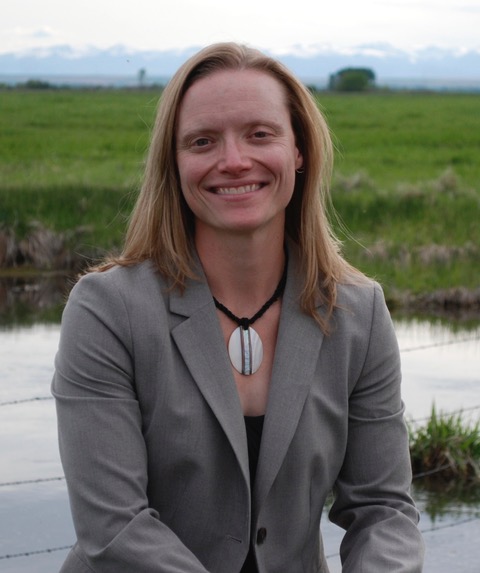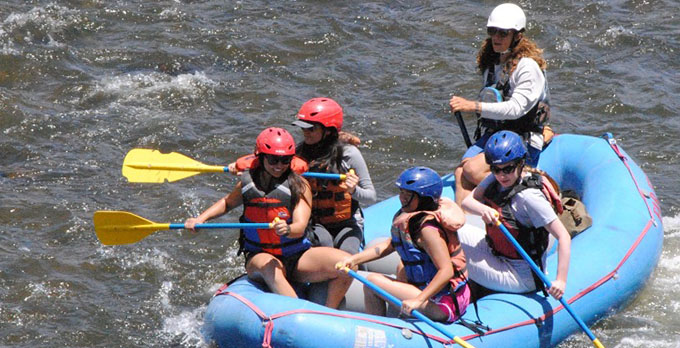The University of New Mexico Undergraduate Pipeline Network (UPN), a program which allows undergraduate students to explore their interests in research and health sciences, is currently hosting its 14th cohort.
The project provides students with essential skills needed for higher education and offers a path to discover new interests. The program provides the opportunity for students to choose from several areas of research at UNM Health and Health Sciences.
Research projects include biochemistry & molecular biology, neurosciences, pathology, brain & behavioral illnesses, cancer, child health research and more. The program period covers 10 weeks in the summer and scholars participate in the program a minimum of 40 hours per week. Thirty-seven undergraduate students are enrolled in this summer’s cohort.
“The whole idea is to get students involved in research,” said Jennifer Gillette, PhD, researcher and director of the UPN program. “The goal is to get these students exposed to research, because a lot of them haven’t had an opportunity like this before. It’s really hard to know what you want to do if you don’t know what’s available to you.”
The goal is to get these students exposed to research because a lot of them haven’t had an opportunity like this before. It’s really hard to know what you want to do if you don’t know what’s available to you.

Gillette, who is also the senior director for research and an associate professor of pathology in the School of Medicine, said about half of the students come from New Mexico undergraduate institutions, and the other half come from outside the state. She added that about 65% of students are underrepresented in health sciences.
“This is a wonderful opportunity to bring students who have never seen New Mexico into New Mexico and show them what we have to offer,” she said.
Each scholar is mentored during the program by a faculty member. In addition, scholars will have regular contact with a graduate student, post-doctoral fellow, medical resident, clinical fellow and/or research staff member during the entire period of their program.
Students also attend a career development center series, where they learn about career and academic paths they could potentially pursue.
Each scholar is mentored during the program by a faculty member. In addition, scholars will have regular contact with a graduate student, post-doctoral fellow, medical resident, clinical fellow and/or research staff member during the entire period of their program.
Students also attend a career development center series, where they learn about career and academic paths they could potentially pursue.
“Each of the students gets paired up with a mentor and spends 10 weeks doing research in their lab,” Gillette said. “In the career development center series, we talk about each of our professional programs, what it takes to get in, what it’s like and we meet with current students, staff and faculty.”
Participating students are encouraged (but not required) to partake in cohort building activities, including white water rafting, ice skating, rock climbing and hiking.
Gillette said these activities often show the students that they can do hard things, especially when they have each other.
“It’s all about building confidence and having the students help each other. When you really rely on each other for things, team building is taken to a whole other level,” she said. “They really mesh and build a cohort of this incredibly diverse fabric of students from all across the country and it’s beautiful to watch.”
Students are also able to participate in resume writing, poster creating and interview practice sessions. At the end of the summer, each scholar has an opportunity to present their research project at the program’s competitive poster symposium.
“We want to provide students with these ‘softer skills’ for when they move on to whatever it is that they move onto,” Gillette said.
Gillette said the passion for this program comes from her own experiences. Having grown up in rural Appalachia with a coal miner father, she said was fortunate enough to participate in a very similar program when she was an undergraduate student.
“If it wasn’t for a program like this when I was in college, I wouldn’t have even known what research was,” she said. “Having that exposure and meeting students from other places and realizing the opportunities that are available to you, it’s really eye-opening.”

